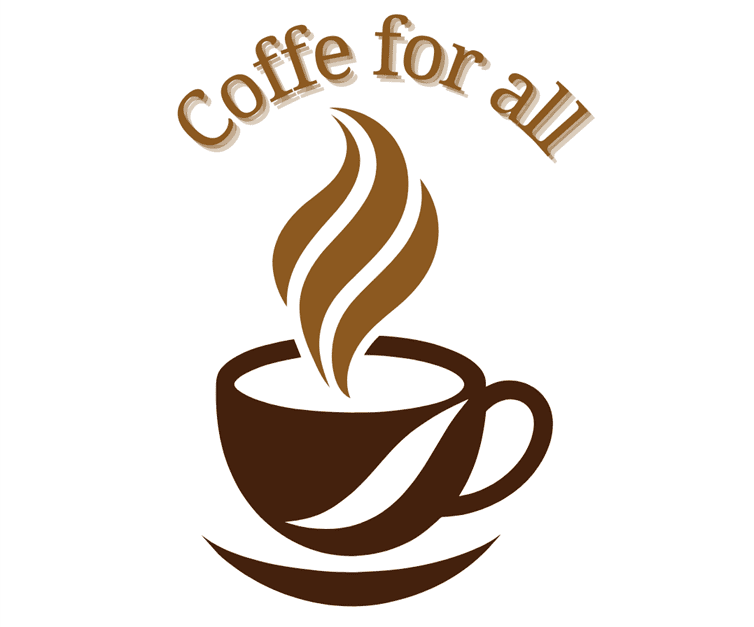Coffee Badging: Unlocking the Meaning Behind Coffee Certifications and Labels
Table of Contents
Coffee Badging: The Art of Showcasing Quality and Authenticity in the Coffee World
In the ever-growing and highly competitive coffee industry, the need for distinguishing quality products has become increasingly important. Coffee badging is one of the most effective methods used by roasters, brands, and coffee producers to communicate the quality, authenticity, and origin of their coffee beans. Whether you’re a coffee enthusiast, a casual drinker, or someone deeply involved in the coffee supply chain, understanding coffee badging can help you appreciate the significance of these labels, and what they mean for your cup of coffee.
In this article, we will explore the world of coffee badging, shedding light on its importance, the different types of badges available, and how they influence the consumer experience. By the end of this article, you’ll have a clearer understanding of how coffee badges can guide your purchasing decisions and deepen your appreciation for the complexity of coffee.
What is Coffee Badging?
Coffee badging refers to the system of labels, certifications, and marks placed on coffee packaging to signify specific qualities, characteristics, or production standards associated with the coffee. These badges can communicate various aspects of the coffee’s journey, from its origin and cultivation method to sustainability practices, roasting techniques, and ethical sourcing.
These badges often serve as an indicator of quality, transparency, and values that matter to both producers and consumers. They act as a guide for coffee drinkers, helping them navigate through the vast array of coffee options available and ensuring that they can make informed decisions about the coffee they purchase.
Types of Coffee Badges
There are numerous types of coffee badges, each with its own significance. Some are related to quality, others to the coffee’s environmental or social impact. Here are a few of the most common coffee badges that you may come across:
1. Organic Coffee Badges
One of the most well-known and widespread badges is the organic label. Organic coffee is grown without the use of synthetic pesticides, herbicides, or chemical fertilizers. Coffee that is certified as organic is grown using methods that protect the environment, promote biodiversity, and conserve water.
Certifications to Look For:
- USDA Organic: This is the certification granted by the U.S. Department of Agriculture. It ensures that the coffee meets strict organic farming standards.
- EU Organic: Similar to the USDA Organic, this label signifies that the coffee complies with European organic farming standards.
Organic coffee badges provide consumers with peace of mind that they are making an environmentally friendly choice. These coffees are often favored by those who are health-conscious or environmentally aware.
2. Fair Trade Coffee Badges
Fair Trade certifications are designed to ensure that coffee farmers are paid fairly for their products and that they work under ethical conditions. By choosing fair trade coffee, consumers are supporting equitable trading relationships and sustainable livelihoods for farmers.
Certifications to Look For:
- Fair Trade Certified: This badge signifies that the coffee has met Fair Trade standards, which include fair wages, safe working conditions, and community investment.
- Fair for Life: Another ethical certification that focuses on human rights and environmental sustainability.
Coffee drinkers who care about social justice and ethical sourcing often seek out Fair Trade coffee, knowing that their purchase helps improve the lives of the farmers and workers who produce the coffee.
3. Specialty Coffee Badge
The Specialty Coffee Association (SCA) provides a badge for coffee that meets the highest quality standards. Specialty coffee refers to coffee beans that score 80 points or higher on a 100-point scale. This rating is given based on various factors, including aroma, flavor, aftertaste, and acidity.
Specialty coffee is grown in ideal conditions, harvested at peak ripeness, and roasted with precision to highlight its unique flavor profile. When you see a Specialty Coffee badge, you know that the coffee has been meticulously crafted and is of exceptional quality.
4. Rainforest Alliance and Sustainability Badges
Sustainability is a growing concern for consumers, and many are looking for coffee that has been grown with minimal environmental impact. Rainforest Alliance and other sustainability badges indicate that the coffee has been produced following sustainable agricultural practices, protecting ecosystems, and promoting fair labor practices.
Certifications to Look For:
- Rainforest Alliance Certified: This certification indicates that the coffee is grown with methods that promote environmental sustainability, including conservation of biodiversity and forest preservation.
- Shade Grown: This badge signifies that the coffee is grown under the canopy of trees, preserving wildlife habitats and promoting soil health.
Sustainability-focused badges assure consumers that the coffee was grown with respect for the environment and the surrounding communities.
5. Direct Trade Coffee Badge
Direct trade coffee signifies that the coffee roasters or brands have a direct relationship with the coffee farmers. This often means higher prices for the farmers and a more transparent supply chain, where farmers are paid more fairly for their product.
Direct trade badges are often seen on artisanal coffee brands that prioritize sustainability, quality, and traceability. This badge is valued by consumers who care about the direct impact of their coffee purchases on the livelihoods of the producers.
The Impact of Coffee Badging
Coffee badging serves several important functions in the coffee world. For consumers, it provides valuable information about the coffee’s origins, production methods, and ethical standards. For producers and roasters, badges help to distinguish their products from the competition, signaling quality and fostering trust with customers.
Here are some ways in which coffee badging influences the coffee industry:
- Quality Assurance: Coffee badges such as those awarded by the Specialty Coffee Association offer a seal of quality, reassuring customers that the coffee they’re purchasing has met high standards.
- Environmental and Social Impact: Certifications like Fair Trade and Rainforest Alliance give consumers confidence that their coffee choices are contributing to positive environmental and social outcomes.
- Informed Purchasing Decisions: With so many options available, badges help guide consumers in selecting coffee that aligns with their values, whether that’s organic, sustainable, or ethically sourced coffee.
- Consumer Trust: Coffee brands that use recognized certifications demonstrate their commitment to transparency and quality. This fosters trust and loyalty among coffee drinkers.
Conclusion
Coffee badging plays a crucial role in today’s coffee market, offering both information and assurance to consumers. From organic and Fair Trade certifications to specialty and sustainability labels, these badges help consumers make informed decisions about the coffee they buy, while also encouraging ethical practices within the industry.
The next time you’re selecting coffee, consider looking for badges that align with your values. Whether you prioritize quality, environmental sustainability, or fair labor practices, coffee badging is an invaluable tool for navigating the complexities of the coffee world.

